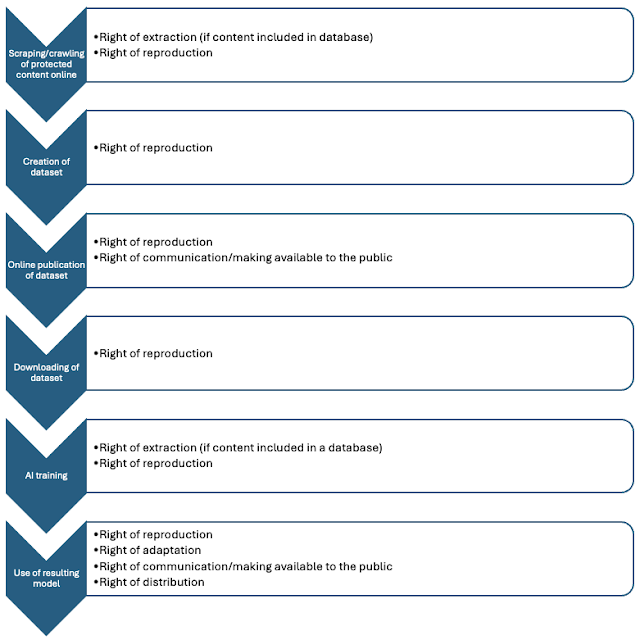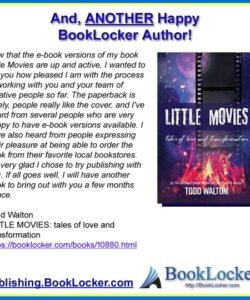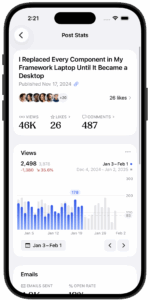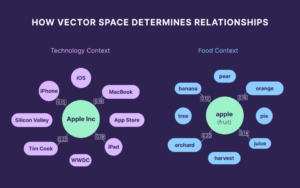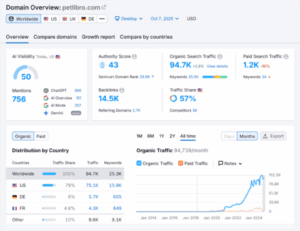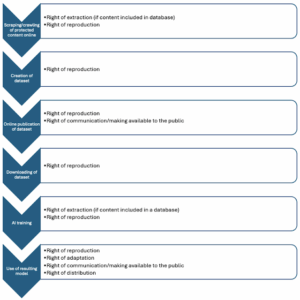“Unraveling the Secrets: How Michael Healy is Shaping the Future of ‘Responsible AI’ in an Era of Innovation”
In the whirlwind of today’s publishing world, one question looms larger than a skyscraper: how do we safeguard creativity while embracing the revolutionary storm of artificial intelligence? Enter the Copyright Clearance Center (CCC), led by the insightful Michael Healy, who’s on a mission to find that delicate balance between innovation and copyright protection. CCC has just unveiled what they call “the world’s first collective licensing solution” tailored specifically for AI-related content use, and it’s not just a footnote in the annals of publishing; it’s potentially a game-changer!
After 18 months of thoughtful discussions with both licensees and publishers—a laudable endeavor in an often chaotic industry—CCC has modified its long-standing blanket license to incorporate vital AI reuse rights. Just imagine the implications of this shift: allowing technology to thrive while ensuring creators receive their fair share!
With positive feedback pouring in from publishers far and wide, Healy has seamlessly merged the two worlds, proclaiming, “We believe it’s possible to be pro AI and pro copyright.” As we navigate this intricate landscape where the responsibilities of AI companies vary widely, it’s a fascinating moment for the publishing community. So, what does this mean for the future of creativity in an AI-driven age? Buckle up—it’s going to be an exciting ride! LEARN MORE.
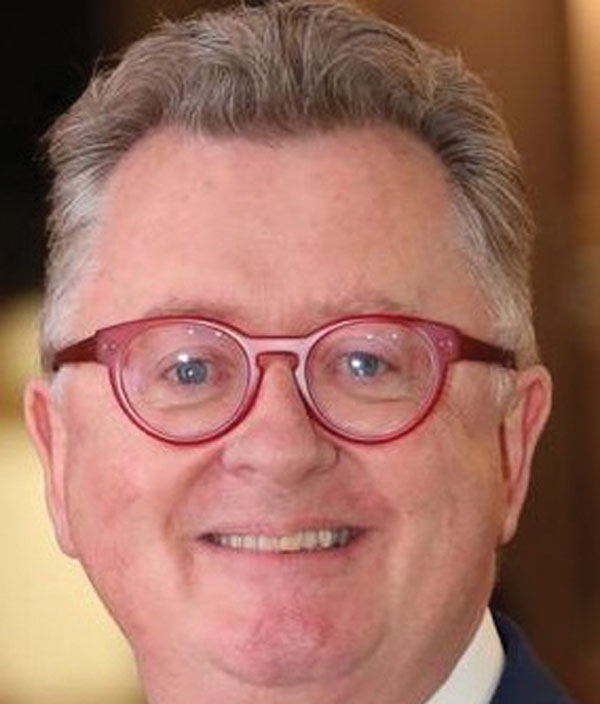
In a rapidly evolving publishing landscape, Copyright Clearance Center (CCC) is taking the lead on addressing one of the industry’s most pressing concerns: the use of copyrighted material in artificial intelligence systems. For Michael Healy, the executive director, rightsholder, and international relations for CCC, that means working carefully to balance innovation with copyright protection.
CCC has developed what Healy describes as “the world’s first collective licensing solution” for AI-related content use. This initiative comes after 18 months of extensive consultations with both licensees and publishers. “We’ve been consulting in two directions,” Healy explained. “We have been talking, first of all, to our business licensees, the people who take our annual copyright license, the blanket license, trying to understand what uses they’re making of copyrighted content within generative AI systems.”
The result of these discussions is a modified version of CCC’s long-standing annual blanket license, now incorporating AI reuse rights. Healy elaborated on the process: “We would roll into our existing annual blanket license a set of AI internal only reuse rights.” This new license was launched in mid-July, marking a significant milestone in the industry’s approach to AI and copyright.
Healy emphasized CCC’s position on the intersection of AI and copyright: “We believe it’s possible to be pro AI and pro copyright. We think the way you achieve that is with this notion of responsible AI.” This approach aims to ensure that publishers and creators are fairly compensated, while allowing for technological advancement.
The reception from the publishing community has been largely positive, according to Healy. “Publishers are coming in in their hundreds, so we’re really pleased with the response,” he said. One of the key strengths of CCC’s solution is its global reach. Healy noted: “Our customers tend to take that license on a global basis. So, if you’re one of our big pharma companies, for example, you want your license to be a global one because you’re a global business.”
Healy has hosted a series of roundtable discussions on AI of late, including at this year’s Sharjah International Book Fair, and frequently fields a range of questions from book business insiders on the technology. They “vary greatly according to the size and type of publisher,” he said, adding that they can range from specific inquiries about the definition of internal use and potential increased royalties to more basic questions about the concept of responsible AI and the differences between direct and collective licensing.
Healy also addressed the varying approaches of AI companies to licensing and copyright. “There are some [AI companies] that immediately understand that they have responsibilities to creators and publishers,” he observed. However, he noted that not all AI companies have taken this approach, creating a complex landscape for publishers to navigate.
A version of this article appeared in the 10/14/2024 issue of Publishers Weekly under the headline: CCC’s Michael Healy Advocates for “Responsible AI From Life Experiences
